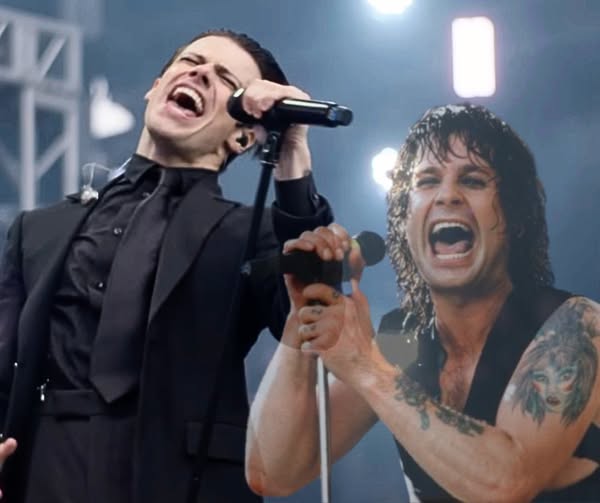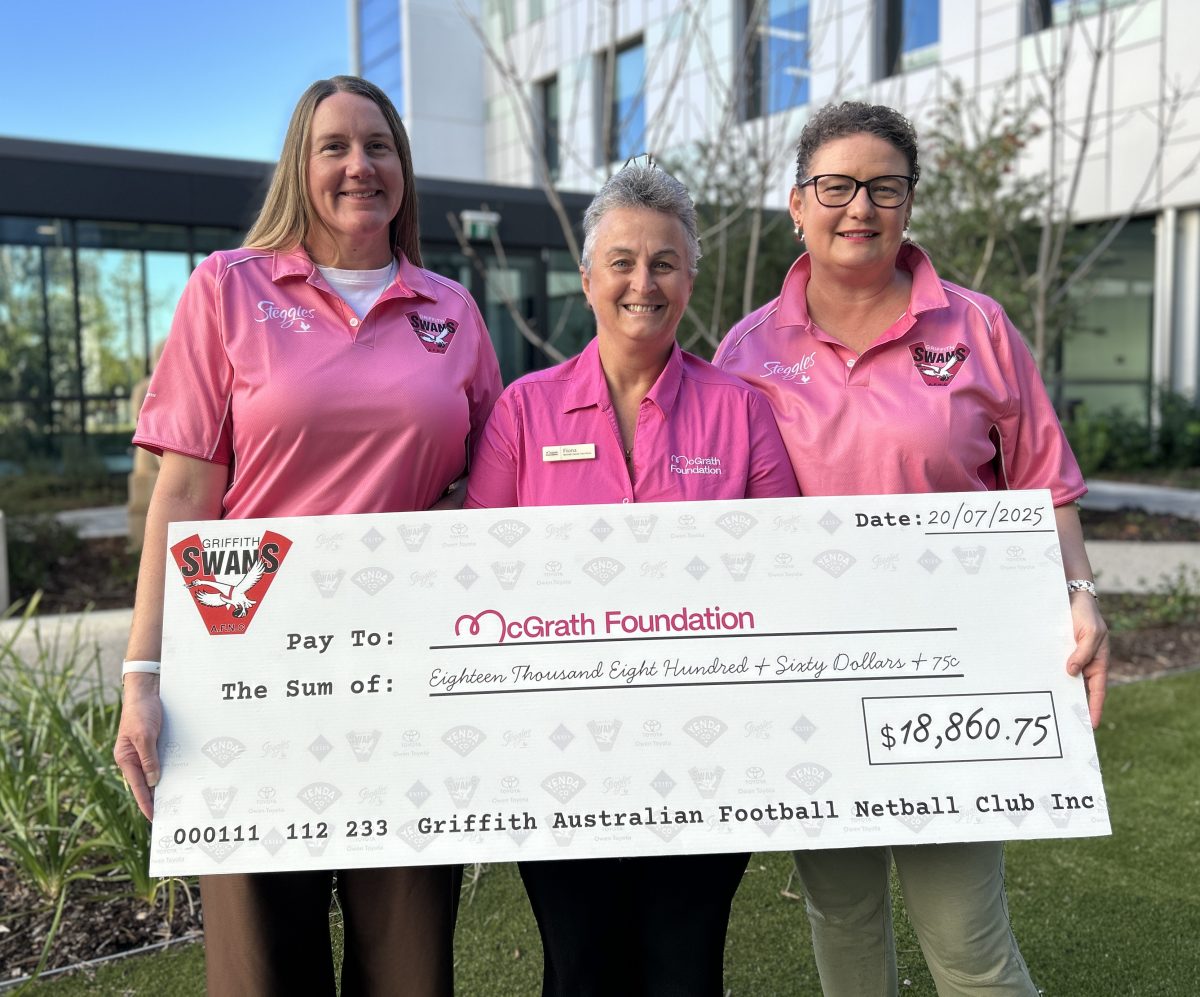Some moments in music transcend charts, trends, and even time itself. They live on as emotional touchstones—recorded instances where art feels almost too real, too raw, too human. Yungblud’s heartfelt performance of “Changes”, blending his voice with the late Ozzy Osbourne, is one of those moments.
It is a union of two generations of rock legends. It’s a conversation across time and legacy, where the lyrics become more than words—they become a vessel for grief, admiration, and love.
A Song That Already Carried Weight
“Changes” has always been a deeply personal song in Ozzy Osbourne’s catalog. Originally written and released in the early 1970s with Black Sabbath, it told the story of loss, transition, and the inevitable passing of eras. Over the years, the song found new life in different forms—most notably in 2003, when Ozzy recorded a touching father-daughter duet version with Kelly Osbourne.
For Yungblud, stepping into that space was never about covering a classic for the sake of nostalgia. It was about entering the emotional core of a song that had already lived several lifetimes—and bringing his own truth to it.
The Emotional Undertow After Ozzy’s Passing
When Ozzy Osbourne passed away, the rock world didn’t just lose a musician. It lost a pioneer, an unpredictable showman, and a voice that shaped generations. For Yungblud—an artist who had looked to Ozzy not only as an influence but as a symbol of fearless self-expression—his death hit deeply.
Performing “Changes” in the wake of Ozzy’s passing wasn’t simply a tribute. It was a dialogue with someone who could no longer respond, a final collaboration that existed in spirit and in sound. You can hear it in every note Yungblud sings—the way he holds onto certain lines, the way his voice cracks as if straining under the weight of memory.
Two Generations of Rock, One Shared Heartbeat
Yungblud’s style is unapologetically modern—punk-infused pop rock with an energy that speaks directly to a restless, often misunderstood generation. Ozzy’s, by contrast, was forged in the heavy-metal crucible of the 1970s, when loud guitars and rebellion felt like the only way to push against a world that didn’t listen.
Yet in “Changes”, their voices blend as if they’ve been waiting for each other all along. Yungblud’s raw vulnerability finds a perfect counterpoint in Ozzy’s weathered, almost weary delivery. The result is haunting—not because it sounds like a ghostly presence, but because it reminds us that art can carry a soul forward even after the body is gone.
Capturing the Pain and the Love
Grief is rarely one-dimensional. It comes with an ache for what’s been lost but also with gratitude for what was shared. Yungblud manages to embody both feelings at once. He doesn’t shy away from the sadness. He leans into it, letting it shape the way he phrases each lyric.
The moments when their voices intertwine are especially moving. It feels as though Yungblud is holding onto Ozzy—if only in song—refusing to let go completely. That balance of holding on and letting go is what makes this performance so much more than just a duet. It’s a eulogy sung in harmony.
Fans’ Unforgettable Moment
For fans, hearing “Changes” in this form was more than entertainment—it was catharsis. Many had grown up with Ozzy’s music, carrying it through their own life transitions. To hear Yungblud, a torchbearer for the new generation, unite with Ozzy’s voice felt symbolic.
It wasn’t just about saying goodbye; it was about acknowledging that rock’s spirit doesn’t vanish with the passing of its icons. Instead, it’s passed down, reimagined, and carried forward.
The Technical Beauty of the Performance
Beyond the emotional gravity, the performance shines from a musical perspective. Yungblud’s tone is clear but trembles with feeling, while Ozzy’s voice retains its signature depth and grit. The arrangement is stripped enough to let the vocals dominate, allowing each inflection to land with maximum impact.
Where some collaborations might rely on vocal power or flashy production, this one thrives on restraint. Silence and space are just as important as the notes themselves. Every pause feels loaded, every sustained chord a reminder of the absence that inspired the moment.
Why “Changes” Was the Perfect Choice
Yungblud could have chosen any number of Ozzy classics for a tribute. But “Changes” was special. It’s not a song about the triumphs of rock and roll—it’s about loss, about life’s inevitable turns, and about the human capacity to adapt and keep going even when the heart feels heavy.
In many ways, it mirrors the transition in rock music itself—from Ozzy’s era to Yungblud’s, from one soundscape to another—proving that while styles evolve, the emotions at the core of music remain timeless.
Legacy in Motion
For Ozzy, “Changes” had already spanned decades, appearing in different forms at different points in his career. This version with Yungblud adds yet another chapter—one that underscores his influence on artists far removed from the 1970s Birmingham metal scene where he first made his name.

And for Yungblud, the collaboration places him firmly in the lineage of rock storytellers who aren’t afraid to confront vulnerability head-on. It’s a role he has embraced since his debut, but here, it feels crystallized.
A Performance That Lives Beyond the Stage
Part of what makes this duet so enduring is that it doesn’t rely on visual spectacle. Even without stage lights, pyro, or elaborate staging, the song grips you. You could hear it alone in a dark room and still feel the weight of every word.
That’s the mark of a performance meant to last—not just in recordings or videos, but in the emotional memory of those who experienced it.
The Power of Posthumous Collaboration
Posthumous duets can be tricky. If handled poorly, they risk feeling exploitative or forced. But when done with respect, they can create something achingly beautiful—an imagined conversation between past and present.
Yungblud’s work on “Changes” doesn’t feel like he’s singing over Ozzy; it feels like he’s singing with him. The chemistry is there, even if it’s separated by time. It’s a reminder that the bond between artists doesn’t have to end when one of them is gone.
Fans’ Emotional Reactions
Social media lit up after the performance, with fans describing it as “spine-chilling,” “pure heartbreak,” and “a gift we didn’t know we needed.” Some shared personal stories of how Ozzy’s music had gotten them through dark times, while others spoke of Yungblud as the first artist to make them feel truly seen.
For many, the duet bridged not just two artists, but two stages of their own lives—youth and adulthood, beginnings and endings.
Why This Moment Matters in Rock History
It’s easy to think of rock history as a series of isolated eras—each with its own icons, sound, and audience. But the truth is, the genre has always been a living, breathing continuum. Yungblud and Ozzy’s “Changes” proves that the past and present can coexist, blending seamlessly into something that honors both.
This moment isn’t just a tribute—it’s a torch-passing, an acknowledgment that the rebellion, passion, and honesty that define rock are still alive, just wearing new clothes.
A Love Letter to Rock’s Resilience
In the end, Yungblud’s duet with Ozzy is more than a performance. It’s a love letter—to rock music, to its enduring ability to connect across generations, and to the artists who pour themselves into it even when it hurts.
It’s a reminder that while we may lose the people who shape us, we never truly lose what they’ve given us. In every note of “Changes”, you can hear that truth. And that’s why, for those who’ve heard it, the moment will never fade.
Final Thoughts
The beauty of music lies in its ability to preserve voices, feelings, and relationships beyond the limits of life itself. In “Changes”, Yungblud and the late Ozzy Osbourne have created something haunting, heartfelt, and eternal.
Two generations met in song, and in doing so, they gave fans a gift: proof that love, respect, and art can outlive us all.


